The Prime Minister has intervened on the issue of questions to be trialled for the 2026 Census. The Green/Left Labor faction (and the very liberal Liberal Senator Andrew Bragg) insisted that the Census include questions on ‘gender identity, variations of sex characteristics or sexual orientation’ as the party platform promised. A possible question proposed by the Australian Bureau of Census was to ask whether there was any change to sex as recorded at birth. There is no indication of other questions, but there may be an elaboration on language on sex.
What is the purpose of enumerating those who no longer identify as their birth sex? Assume that in addition to those who answer yes as a means of supporting transitioners (which would cause an overestimate), actual ‘changers’ may reflect some who changed their birth certificate for dogmatic reasons, some for medical reasons, some who have undergone medical interventions, some who have not, and some who are mentally unwell. It does not accurately reflect those who may not bother but, in other ways, no longer identify with their birth sex (underestimate).
It may be a better path to survey various conditions that lead people to change their identity. Of course, that is not the purpose; inclusion in the Census is to yell out loud, ‘Look at me, I am special.’ Indeed, such people are, but in what way?
Some people are born in the wrong body. What to do about it and the travails of such people is of concern. Is answering a yet-to-be-determined question in the Census the best way to help, or is it a political statement of identity politics, an assault on the dominant, the normal, vast majority for whom sexual attributes and gender align, so-called CIS gender?
And, of course, matters of sexual identification have little to do with those who are gay. They are not about to change their birth certificate. Should there be a question for gay people, and if so, should there be a question working through the entire alphabet of people to identify each as separate identities?
The push to ask questions of this ilk is purely to create the impression that ‘alphabet’ people are a force to be reckoned with and must be listened to. But why? So they can push their way unfairly and with dangerous consequences for women’s privacy and safety? So, they plead for more medical intervention towards the gender transition ideology?
Not feeling or looking like the male/female assignment at birth can be a tragedy. Those suffering from dysphoria should be respected and loved, but celebrated? A celebration of life or illness? Does it not act to recruit the vulnerable? Those suffering from gender dysphoria seek medical attention; ipso facto, they are sick. The real issue lies in the ‘remedies’. Do they work, and are they proven?
And then there are other identities. The Vancouver Queer Film Festival kicks off next week with a panel discussion of contributors that may give the reader a taste of what is to come.
Giselle Miller is a Jamaican-Canadian lives ‘on the unceded territories of the Coast Salish peoples’. She is producing Vancouver’s first Black queer short-form digital series. Gabriel Souza Nunes (he/they) is an award-winning gender-queer Brazilian-Canadian. Their work (but only him) is ‘inspired by Latin American folklore, Magical Realism and queer & gender expressions, exploring themes like nostalgia, acceptance and diasporic relationships.’
김새로미, Romi Kim or SKIM in drag is a nonbinary, trans masc, second-generation Korean interdisciplinary artist, drag king, filmmaker. Olivia Marie Golosky is a ‘Two-Spirit Michif’ from nistawâyâw. Olivia’s ‘passion is to empower Two-Spirit, Queer, and Trans Indigenous voices through a lens of radical self-love and joy.’ Patrice Leung is a Trinidad-born, lesbian, of Chinese descent, and Canadian citizenship. ANGRY LESBIANS is her first foray into narrative filmmaking.
jaye simpson (she/they) is an Oji-Cree Saulteaux Indigiqueer from the Sapotaweyak Cree Nation. Simpson shares ‘their knowledge and lived experiences in the hope of creating utopia.’ she (upper case to start the sentence is not her thing) ‘is a displaced Indigenous person resisting, ruminating and residing on xʷməθkʷəy̓əm (Musqueam), səl̓ilwətaɁɬ (Tsleil-waututh), and sḵwx̱wú7mesh (Squamish) First Nations territories, colonially known as Vancouver.’ And, Jasmine "Audder" Monton (they/them) is a ‘multi-mess’ artist and media producer based in Vancouver.
Mult-mess sums it up nicely. You had better sharpen your pencil, Albo. It could take a long time to fill in the Census in 2026.
Gary Johns is chair of Close the Gap Research.










